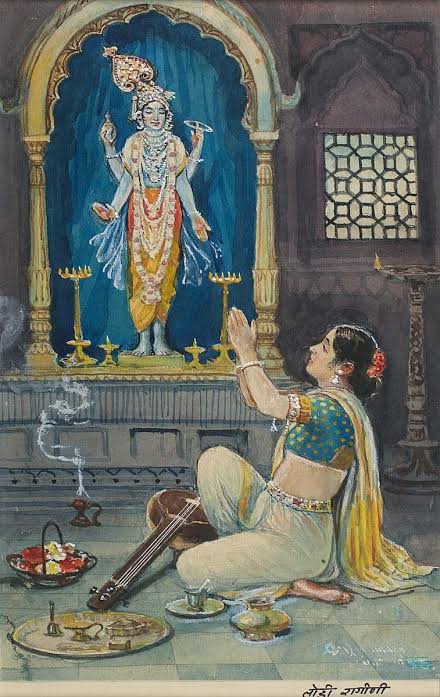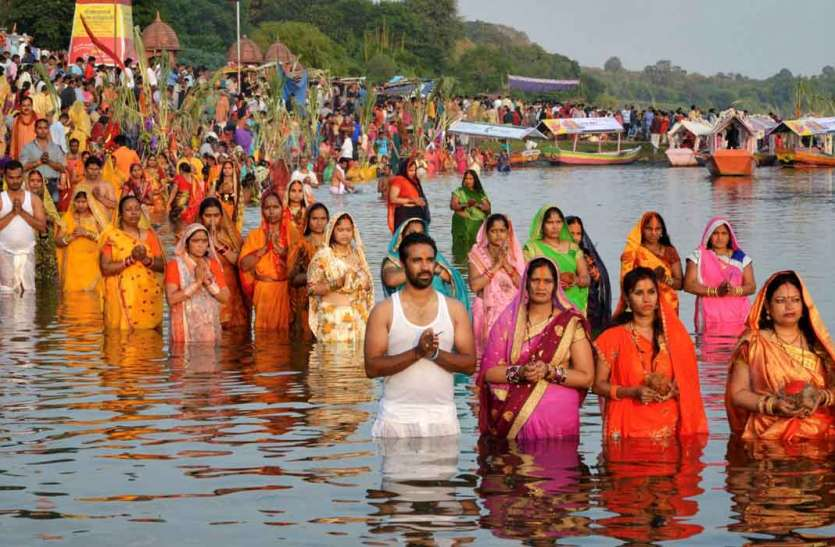
Agni Aaradhna for Mental Health
Many people think lighting a lamp is a duty of a woman in family. In fact it is a duty of Yajmaani ( Head of Family ) , the man of the family. A man should be performing puja and lighting the main lamp of the home.
Many people think lighting a lamp is a duty of a woman in family. In fact it is a duty of Yajmaani ( Head of Family ) , the man of the family. A man should be performing puja and lighting the main lamp of the home.
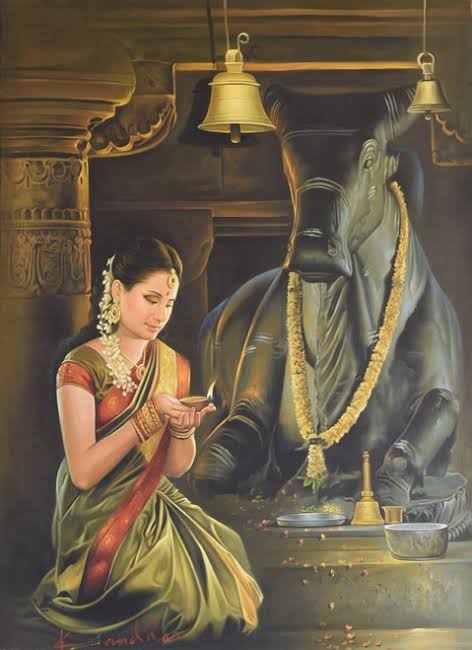
A man lighting the main deeya and praying would give more benefits to the family than just a woman doing it. In addition the woman and children of family should light a deeya. This should be made a daily ritual for all in the family. There are reasons for the same.
Pc: Fotostock
Pc: Fotostock

It is said that our manas chitta is exactly the jyoti we light. A deeya represents our aatma and paramatma. A lamp with 2 wicks should be used for Devta Aaradhana. Anulyrhing above 2 wicks also have different usages. But, one shouldn't light single wick for Devta aaradhna 
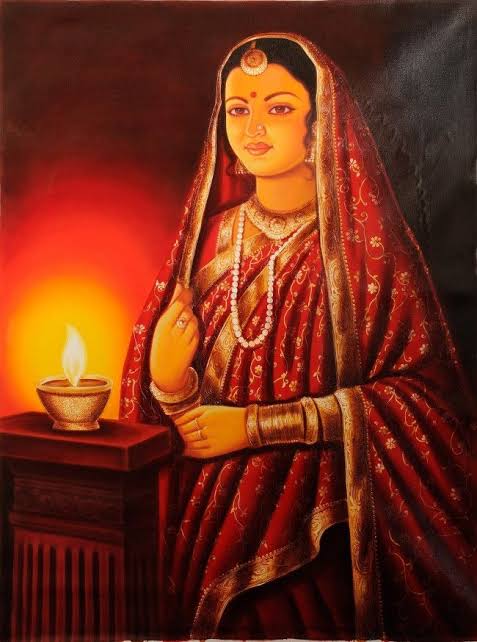
A single wick is used when a person attains Eeshwar and no more. Agni is a major element in vedic rituals. Sanatan is all about the Agni and the devtas responding through same. One should pray by lighting deeya infront of lord. A house without a deeya doesn't attract Shree shakti 
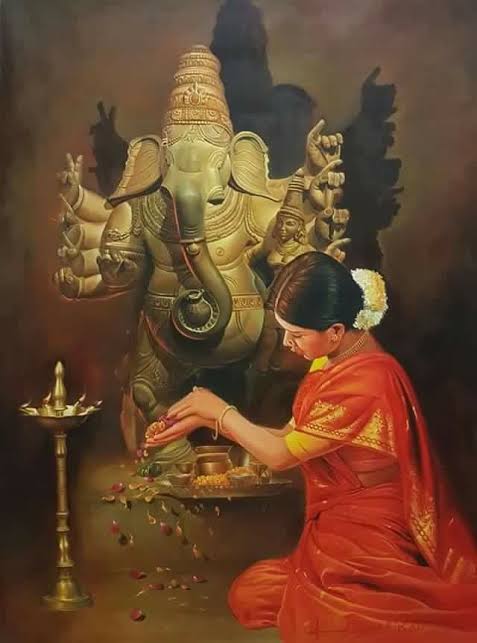
Agnipurana says a Desi (A2) Ghee lamp cleanses the entire chakras and nadis in our body. Ghee lamp purifies the Manipur and Anahat Chakras. Many other oils are used which can be lit based on seekers interest. Mustard oil and til oil purifies the Muladhar and Swadishtana Chakras. 
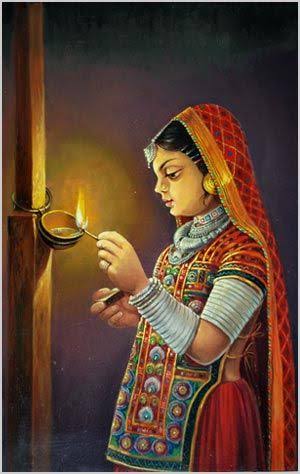
Ghee lamp cleanses the Koshas of the human body. Mainly the Pranamaya Kosha and the Manomaya Kosha , which is used for healthy living and developing the spirit of vedanta. 

A Ghee lamp helps in cleansing both these elements in our body, helping to make a communion easy between aatman & paramatman. we get a vision of a deity its due to the Agni tatva ,the absolute fire element and we feel the touch of supreme and that Bliss is due to the vayu tattva. 

Tejo shakti of Agni which will feed your mind body and soul with positivity and help you attain 8 aishwaryas which lead you to attain Vedanta and reach parabhraman.
Those who are facing a lot of anxiety, worries, fights, health issues often getting sick, facing accidents often should make an habit of light individual lamp at home. It protects a human's life in various ways. Ensure one use natural cotton obtained and not surgical cotton.
Sit infront of lamp for atleast 5 minutes, watch the jothi with open eyes and meditate
OM DEEPALAKSHMI DEVYAI NAMAH.
This practice gives alot of mental peace and ensures one gains better thinking capability.
Namah Shivay🙏🏼
OM DEEPALAKSHMI DEVYAI NAMAH.
This practice gives alot of mental peace and ensures one gains better thinking capability.
Namah Shivay🙏🏼

PC: Alamy, Fotostock, Pinterest. You can purchase these beautiful paintings from the sites.
• • •
Missing some Tweet in this thread? You can try to
force a refresh

